- Accedi
- Registrati
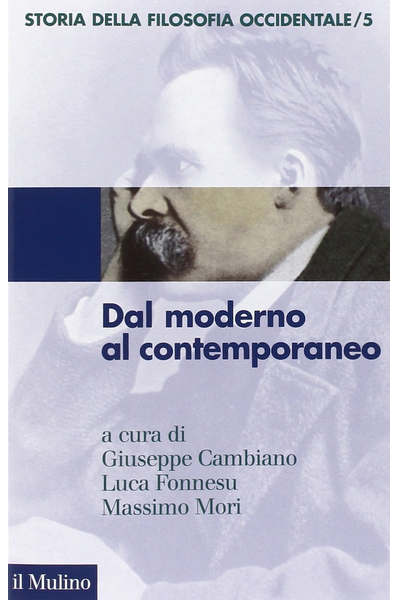
Dal moderno al contemporaneo
20,80 €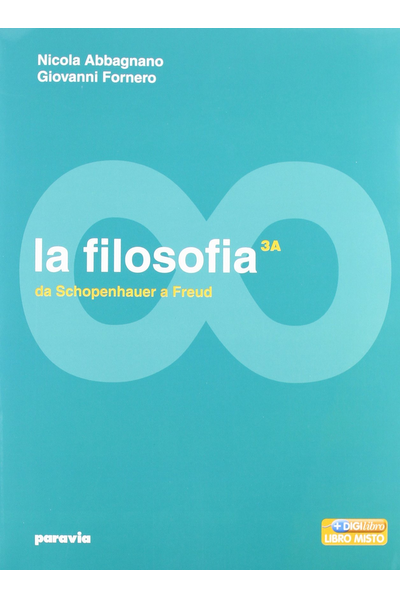
Da Schopenhauer a Freud
48,75 €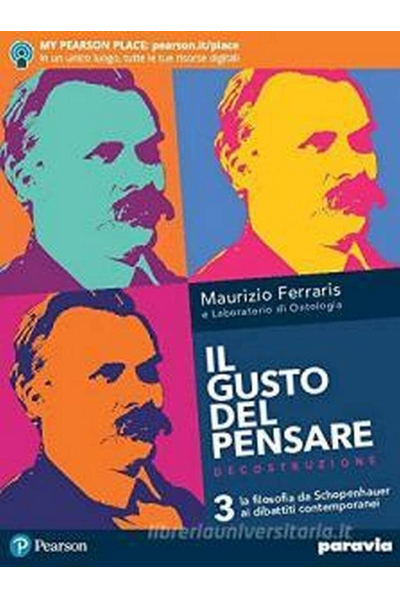
La filosofia da Schopnhauer ai dibattiti contemporanei
40,10 €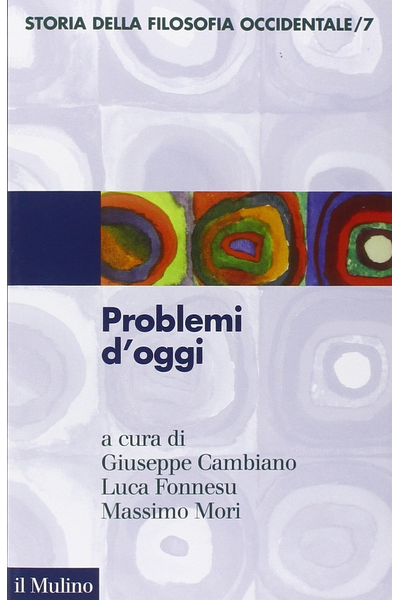
Problemi d'oggi
18,40 €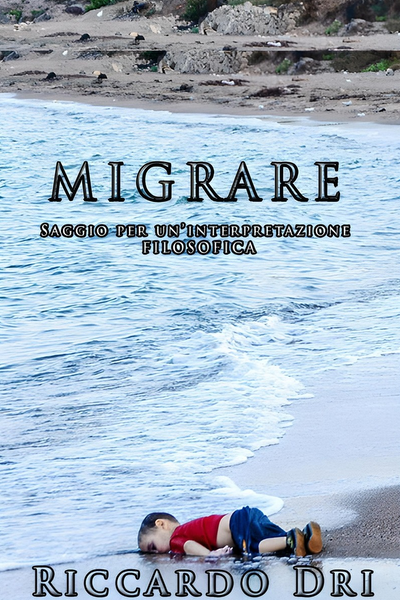
Saggio per un'interpretazione filosofica
14,00 €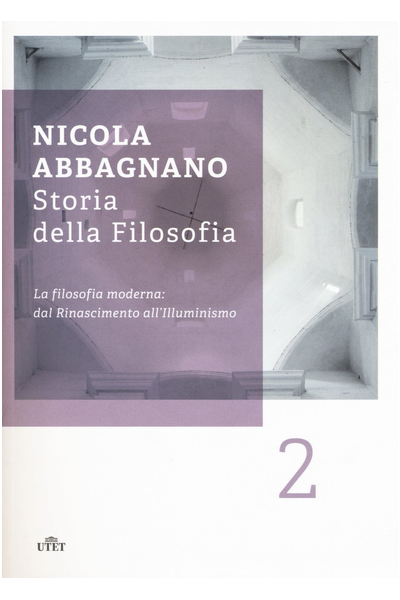
La filosofia moderna: dal Rinascimento all'Illuminismo
27,07 €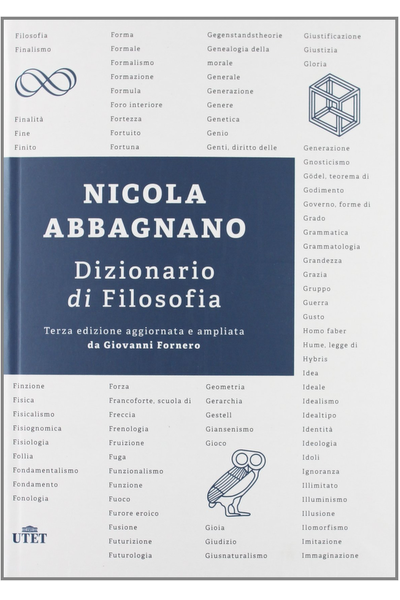
Terza edizione aggiornata e ampliata da Giovanni Fornero
35,00 €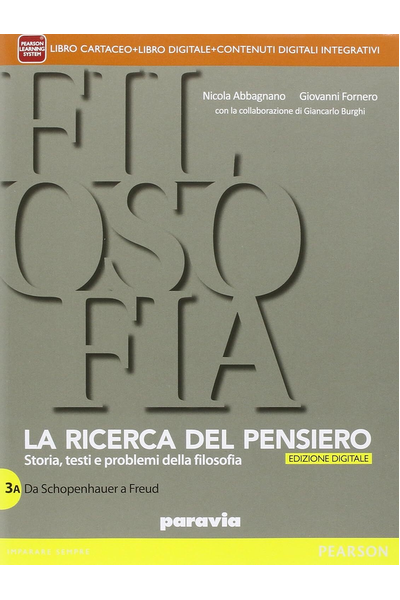
Da Schopenhauer a Freud
52,50 €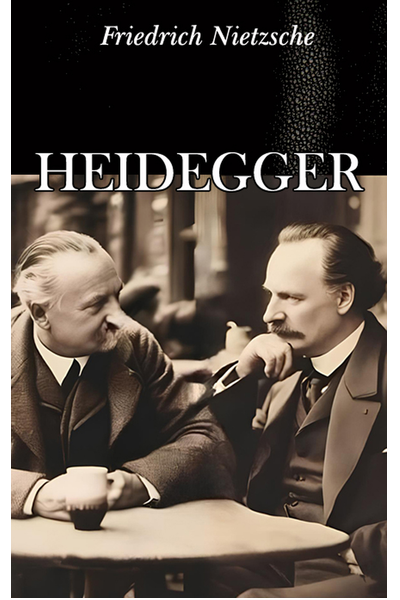
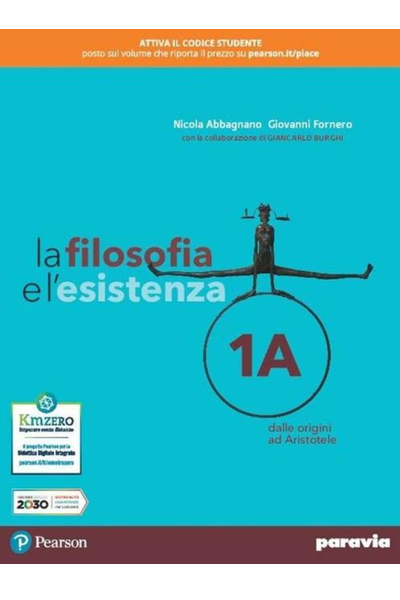
Dalle origini ad Aristotele
39,70 €
[Psychophysical Supervenience] «The mental supervenes on the physical in that any two things exactly alike in all physical properties cannot differ in respect of mental properties» (Kim, 1996). Kim endorses a reductive supervenience, according to which mental causation would be a mere illusion. I consider Kim’s distinction between “levels” (micro/macro) and “orders” (physical/mental) very interesting and important from a logical and metaphysical point of view to clarify the causal role of some mental properties and notably consciousness (Kim, 1998; 2006). About mind/body problem I endorse the theories of ontological monism and epistemological dualism. The discovery of the mirror neurons system (MNS) and its way of working is a good example to understand the previous theories. According to Rizzolatti and Sinigaglia (2006), it seems that perception, understanding and action are grouped together into a unified mechanism, according to which «the brain that acts is also and above all a brain that understands» (Ib., p.3). Finally, I try to show the theoretical concordance of this discovery with the supervenience reductive theory of mind claimed by Kim (1993, 1996, 1998, 2005).
Aggiunto il 09/08/2013 15:25 da Nicola Simonetti
Argomento: Filosofia della mente
Pagine: 92
Edizione: Lambert Academic Publishing (LAP), Saarbruecken, Germany 2012
Scritto da: Nicola Simonetti
Lingua: Inglese
Costo: 43,34 €
Casa editrice: Lambert Academic Publishing (LAP), Saarbruecken, Germany 2012
ISBN: 978-3848420469

Il De Resurrectione mortuorum di Atenagora di Atene (133-190), i De Resurrectione Fragmenta di Giustino (100-162/8) e il De Resurrectione di Origene di Alessandria (185-254) rappresentano il più alto ..

In questa introduzione alla filosofia di Hegel il pensiero del filosofo tedesco è spiegato in termini chiari e accessibili, ripercorrendone lo sviluppo attraverso i contenuti delle opere principali, p..